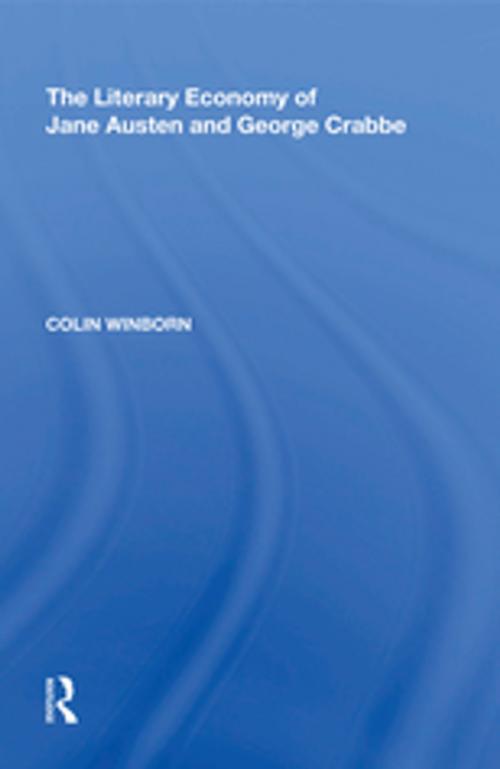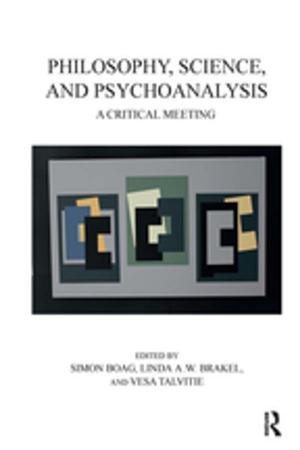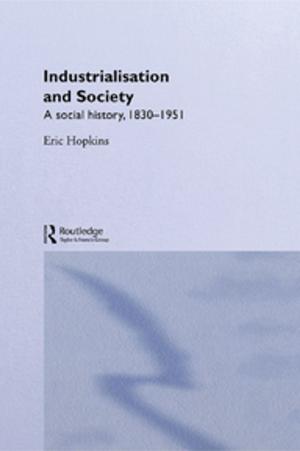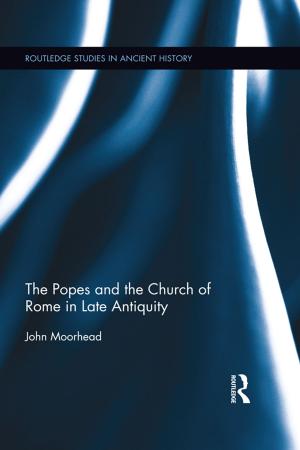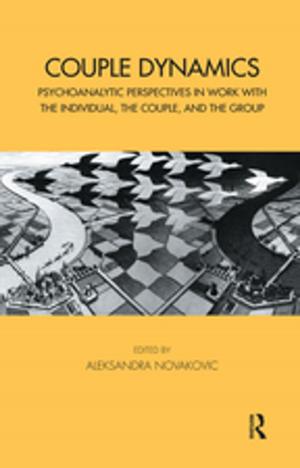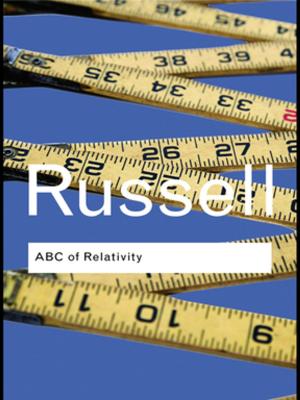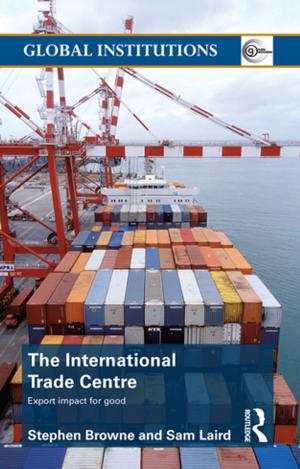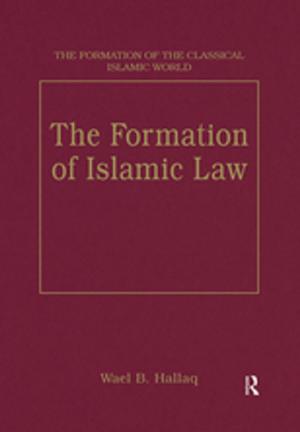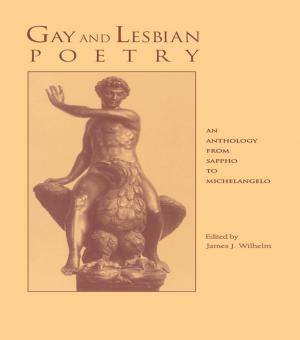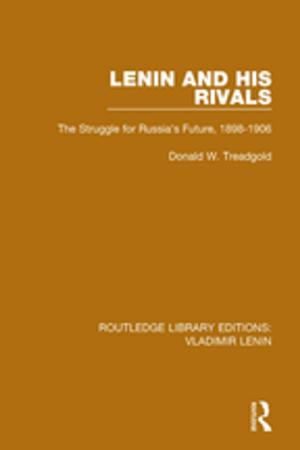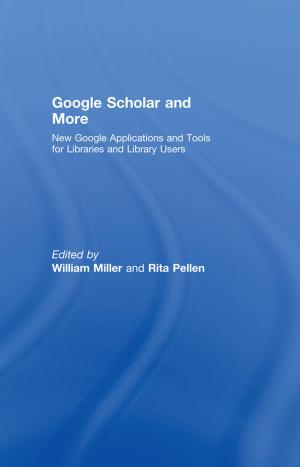The Literary Economy of Jane Austen and George Crabbe
Fiction & Literature, Literary Theory & Criticism| Author: | Colin Winborn | ISBN: | 9781351146104 |
| Publisher: | Taylor and Francis | Publication: | November 28, 2017 |
| Imprint: | Routledge | Language: | English |
| Author: | Colin Winborn |
| ISBN: | 9781351146104 |
| Publisher: | Taylor and Francis |
| Publication: | November 28, 2017 |
| Imprint: | Routledge |
| Language: | English |
Though Jane Austen (1775-1817) and the poet George Crabbe (1754-1832) each wrote during the Napoleonic Wars, no full-length study has considered the importance of these pivotal events to their writing. In The Literary Economy of Jane Austen and George Crabbe, Colin Winborn argues that both writers were unusually responsive to the economic anxieties specific to wartime, occasioned especially by the Napoleonic trade embargo imposed on Britain from 1806 to 1812, and shared a particular concern with the economizing of space. Winborn's term 'spatial economy' refers to the practice of turning available resources to the best possible account, which these authors applied even to the practice of writing as they strove to preserve space on the page (Austen in her letters and Crabbe in the couplet). Their work displays a preoccupation with boundaries, pressure, and containment, which also informs economic treatises published during this period. Through close readings and fresh contextual and historical analysis that draws on the ideas of contemporary thinkers such as Thomas Malthus, William Spence, William Cobbett, Arthur Young, and Humphrey Repton, Winborn not only establishes a close affinity between Austen and Crabbe but makes a convincing case for rethinking the relationship between the novel and poetry during the Romantic period.
Though Jane Austen (1775-1817) and the poet George Crabbe (1754-1832) each wrote during the Napoleonic Wars, no full-length study has considered the importance of these pivotal events to their writing. In The Literary Economy of Jane Austen and George Crabbe, Colin Winborn argues that both writers were unusually responsive to the economic anxieties specific to wartime, occasioned especially by the Napoleonic trade embargo imposed on Britain from 1806 to 1812, and shared a particular concern with the economizing of space. Winborn's term 'spatial economy' refers to the practice of turning available resources to the best possible account, which these authors applied even to the practice of writing as they strove to preserve space on the page (Austen in her letters and Crabbe in the couplet). Their work displays a preoccupation with boundaries, pressure, and containment, which also informs economic treatises published during this period. Through close readings and fresh contextual and historical analysis that draws on the ideas of contemporary thinkers such as Thomas Malthus, William Spence, William Cobbett, Arthur Young, and Humphrey Repton, Winborn not only establishes a close affinity between Austen and Crabbe but makes a convincing case for rethinking the relationship between the novel and poetry during the Romantic period.
